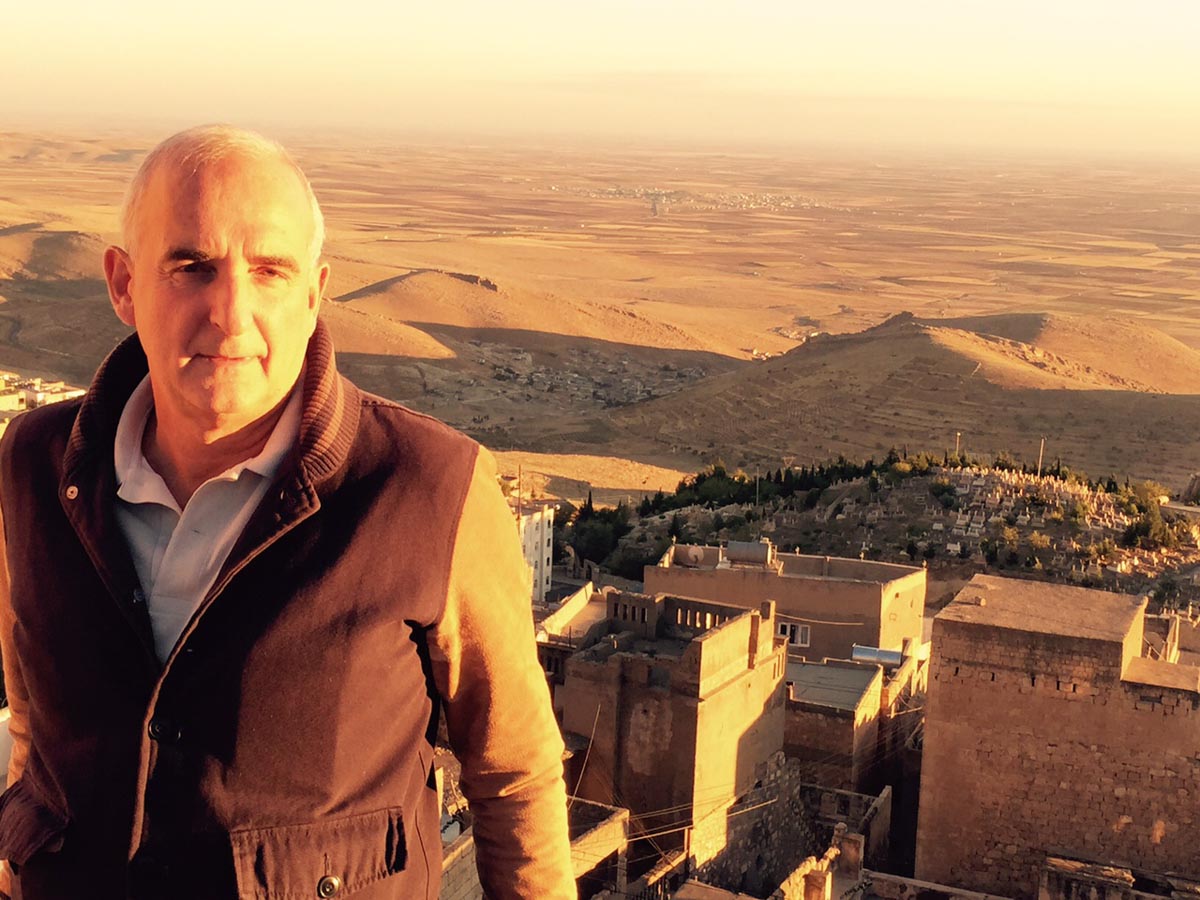
Roger Cohen
“Humanity seems to be gripped by a kind of mass hypnosis that no force can counter. The resulting movements, like the Crusades or the 17th-century Dutch tulip craze, cannot be controlled. We find ourselves in such a moment,” wrote Roger Cohen in The New York Times last summer in a column called “Trump and the End of Truth.” Cohen, who has been with The New York Times since 1990 — as a foreign correspondent, foreign editor and, most recently, op-ed columnist — has seen collapse and catastrophe, most viscerally in Bosnia during the mid-‘90s, and is applying these experiences to his insightful columns today.
Cohen is trying to contextualize what’s happening globally as democracies dissipate and strongmen are once again in vogue. As he wrote, “This looks like the end of a brief interlude that began in 1945. The interlude was relatively peaceful by historical standards. It saw the construction of a rules-based world order undergirded by visceral knowledge of destruction and acute awareness of potential Armageddon.” Cohen’s concern is similar to many other journalists who see truth in disarray all over the world. “Facts are now a quaint hangover from a time of rational discourse, little annoyances easily upended.”
In this conversation with festival director David Holbrooke, Cohen, who was born in London and raised in South Africa before becoming a naturalized American, will talk about the disparate global forces that are coming together to destabilize so much of the world in this unnerving time. As he wrote in The New York Times, “Writing into such an environment is like directing a canoe into a gale. Still, here goes, while words still have some meaning.”“Humanity seems to be gripped by a kind of mass hypnosis that no force can counter. The resulting movements, like the Crusades or the 17th-century Dutch tulip craze, cannot be controlled. We find ourselves in such a moment,” wrote Roger Cohen in The New York Times last summer in a column called “Trump and the End of Truth.” Cohen, who has been with The New York Times since 1990 — as a foreign correspondent, foreign editor and, most recently, op-ed columnist — has seen collapse and catastrophe, most viscerally in Bosnia during the mid-‘90s, and is applying these experiences to his insightful columns today.